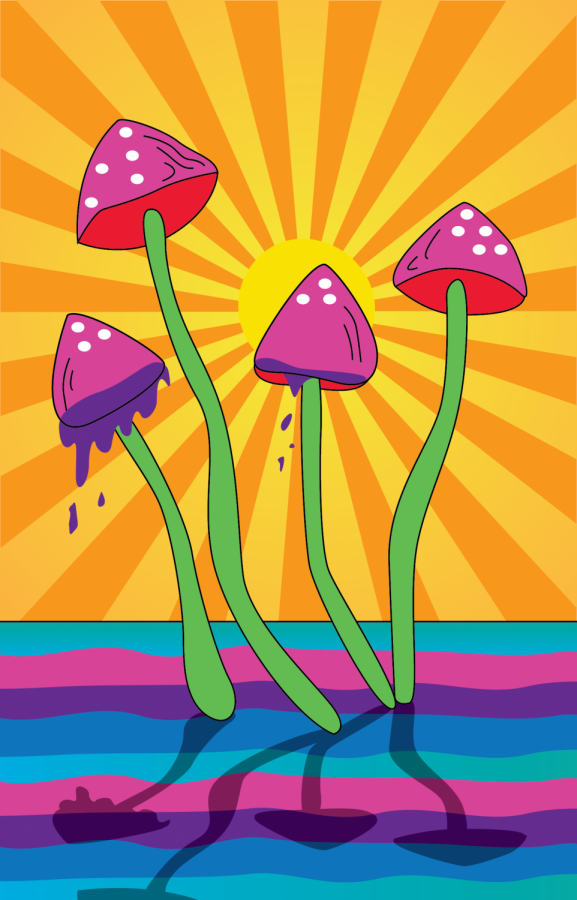New Study Challenges Hallucinogenic Stereotypes
September 10, 2018
NYU researchers dove into the world of psychedelic medicine with a new study on the underground use of hallucinogens. The findings are challenging common stereotypes that the use of these Schedule I drugs is limited solely to recreational purposes.
Rory Meyers College of Nursing Assistant Professor Caroline Dorsen led the study, which investigates communities of people who use plant-based medicines outside of a clinical setting in the United States. These communities usually consist of individuals who are seeking a different form of consciousness.
“Participants in this study described plant medicine use as a healing modality used in the context of community and ritual,” Dorsen told WSN. “The goal of plant medicine use was not described as ‘to have fun’ or as an ‘escape’ — as with recreational drug use — but rather to face one’s life struggles and traumas in an effort to live a happier and healthier life.”
A large part of the underground ritual is the use of facilitators, who act as guides to those taking the medicine to ensure their safety and to remind them of their goals and intentions for the trip. The intention for the experience, as stated by Dorsen, is one of the factors that redefines the use from recreational
to ritualistic.
An NYU sophomore who chose to remain anonymous had an unintentionally bad trip when he took an edible laced with acid at 18 years old.
“What happened to me [then] was the most terrifying night of my entire life, and I would never want anyone else to experience that,”
he said.
An anonymous CAS senior, however, said that her experience was rooted
in self-discovery.
“While I was doing it with my friends for fun,” she said, “I went into it saying I want to do this drug so I can learn more about myself.”
Current research into the use of hallucinogens in a regulated, therapeutic setting has been producing positive results, but there is still plenty of work to be done before these substances can fully enter the mainstream market. This student, however, believes it has prospective benefits that may someday help the larger population.
“It’s a whole different reality; you forget who you are and become a whole blank slate,” she said. “It allows you to investigate ‘Who am I?’ and ‘What am I doing?’ It has the potential to do a lot of good.”
A version of this article appeared in the Monday, Sept. 10 print edition. Email Deets Sharma at [email protected].



























































































































































